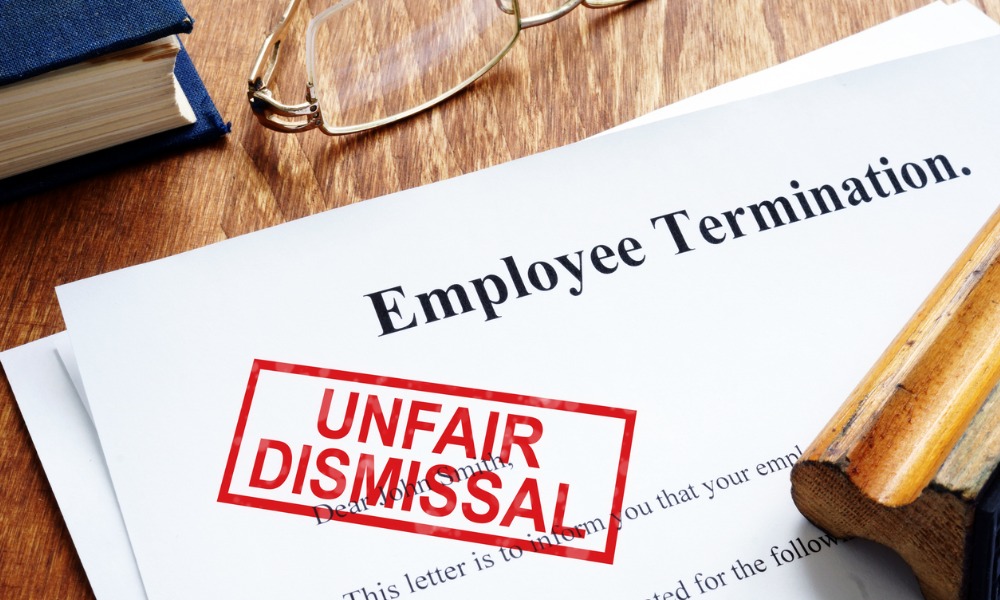In our second chapter of dealing with bad press we look at the part culture plays in the aftermath of the event.
When HR makes the headlines for all the wrong reason fingers can be pointed and blame heaped on shoulders but it doesn’t pay to take things personally.
“Nobody should take an organisational mistake personally – decisions are made… and often decisions are made without complete information and that’s where mistakes take place. Sometimes a human being misses some things,” Shaun McCarthy, Director and Chairman of consultant firm Human Synergistics Australia & New Zealand told HC.
Those coming under fire needed to view the mistake as that of the whole department and/or one that unfolded under their role not as an individual, McCarthy added.
And this is where culture comes into play and whether the company has a blaming for mistakes or learning from them culture. In a blame culture instead of asking ‘what’ or ‘how’, ‘who’ will be asked instead.
“If it’s a blame culture there is going to be very little opportunities for the people of human resources to not feel terrible about the mistake,” McCarthy said. “If it’s a learning from mistakes culture then they will see it as ‘Ok what did we learn from this? What do we have to do differently next time round?’ which is much less stressful for people.”
“If we focus on what we learnt from this then everybody can help each other learn, but if it becomes blame then it becomes a negative experience for all concerned.”
Elizabeth Howells, organisational psychologist and Director of PeopleCentric, told HC adapting a learning culture will help people progress and get through the situation better.
With a culture of blame “there’s a lot of finger pointing instead of acceptance and moving forward”, and it can also be detrimental to the HR team.
“If you have a culture of blame and you do find someone to scapegoat in terms of it, that’s not going to help the teams cohesiveness and what needs to happen going forward because the others may fear that next time that will be me and then you’re not working as a team any more.”
Often organisations fail to realise a certain culture has established which can be partly to blame for its bad headlines. A culture of arrogance has been put forward for why the BBC, whose scandals include ageism, outrageous pay-outs and sexual abuse, has fallen foul of the press.
McCarthy agrees that the BBC needs to work on its culture, but a major transformational shift to remove an engrained culture can take years and often requires outside help.
While people inside an organisation can pick up on a bad culture, they often do not have the power or status to drive the change. Therefore it needs to come from the top, and be supported by a coalition of senior management who will push for change. McCarthy said consultants can stand back and full assess the situation and provide an outside view.
The most vital thing HR can take away from an unfavourable press experience is lessons learnt. Making and learning from mistakes helps organisations learn and adapt. The worst thing you can do, McCarthy said, is not discover you’ve made a slip-up.
“You need to discover you’ve made a mistake so you can rectify it, because if you keep making the same mistakes over and over again eventually you will go out of business,” he said. “The mistake is already made. It’s a question now whether you know about it and if your marketplace knows about it and if your marketplace is upset, angry, frustrated or whatever, the quicker you know about it the quicker you can do something about it. Knowledge is everything it’s better to know then not know.”
Learning from other people’s errors is also essential. HR teams should be looking at how the mistake was made and the impact to make sure it doesn’t happen to them.
“Learn from your own mistakes and watch other people make them and learn from those – fundamental rule of life,” McCarthy added.








